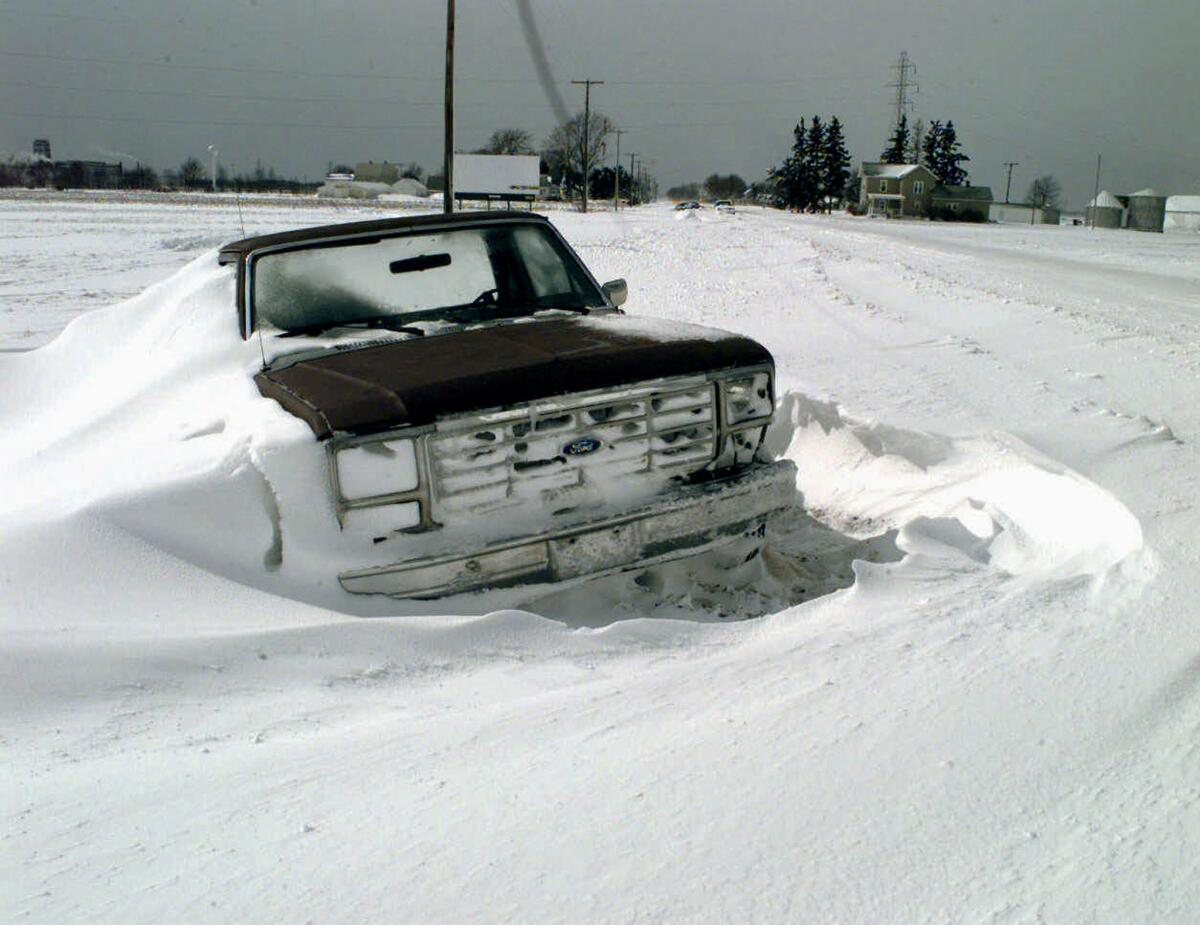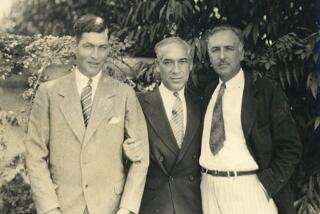Rediscovering the lost writers of the Plains

Writing is a crapshoot. One never knows, from day to day, sentence to sentence, whether one will be read, let alone remembered, which is why posterity is a sucker’s game. We write to share something of ourselves, something of our point of view, our experience, to participate in a conversation about what it means to be human, to live and love and suffer, and in a very real sense to die.
Still, if posterity is a pipe dream, reclamation is a different thing, which is the point of a new multimedia project, “Lost Writers of the Plains,” a production of Nebraska’s NET Radio and the Center for Great Plains Studies’ Plains Humanities Alliance.
Combining a variety of approaches — a series of radio essays, a website and a terrific e-book that integrates video and audio, as well as materials from the archives of the literary journal Prairie Schooner — “Lost Writers of the Plains” introduces, or re-introduces, eight writers (including Earl Guy, Dorothy Thomas and Margaret Haughawout) who have fallen out of favor, out of view. “The Plains have brought forth many famous authors,” the website assures us. “Don’t look for them here. But the writers you’ve never heard of are worth reading too.”
I’ll be honest — with the exception of Willa Cather and Ted Kooser, I don’t know all that much about Plains literature. But this is my kind of project, a bit of cultural excavation, a way of bringing what might otherwise be shadows in an archive back to something resembling life.
The writers here are fascinating: Faye Cashatt Lewis, a physician whose memoir “Doc’s Wife,” published in 1940, “turned both her city-bred husband’s adaptation to rural Iowan and her own position as his appendage to humorous account”; or Ervin Krause, whose short story “Anniversary,” about “a tawdry sexual encounter between a lonely English professor and a divorcee,” was pulled from a 1963 issue of Prairie Schooner by a dean at the University of Nebraska, leading to charges of censorship and the resignation of the journal’s editor, Karl Shapiro. (The saga was, briefly, national news.)
Among the documents reproduced in “Lost Writers of the Plains” is a long letter from Krause to the university’s chancellor, calling out the story’s censorship in no uncertain terms. “There is not one word in this story which is even remotely titillating,” Krause insists. “… The ‘obscenity’ lies in the mind of the censor. … His is a rotten and culpable vision that allows for no possibility of any man’s regeneration, recognition of error, or repentance.”
Krause is, to me, sort of the patron saint of the “Lost Writers” project: dead at 39, almost entirely forgotten, his work collected in one posthumous collection, “You Will Never See Any God,” published in 2014. The e-book features links to three of his stories — including “The Quick and the Dead,” in which an adulterous couple offer a lens for their community’s hypocrisy after they freeze to death, together, in a car. Together, these pieces exude a bleak mid-century naturalism, the writing spare and blunt.
All writing is regional; of course it is. And yet, the best writing also aspires to the universal, not by setting place aside but rather by growing, as specifically as it can, out of its own landscape, its own world. Such a world can be temporal (mid-20th century) and it can be geographic; it emerges, as well, from a writer’s sensibility.
What “Lost Writers of the Plains” offers is a primer on how these elements intersect in the work of eight overlooked writers — and also a model for how other regions (including this one) might approach their literary legacies.
Twitter: @davidulin
More to Read
Sign up for our Book Club newsletter
Get the latest news, events and more from the Los Angeles Times Book Club, and help us get L.A. reading and talking.
You may occasionally receive promotional content from the Los Angeles Times.







